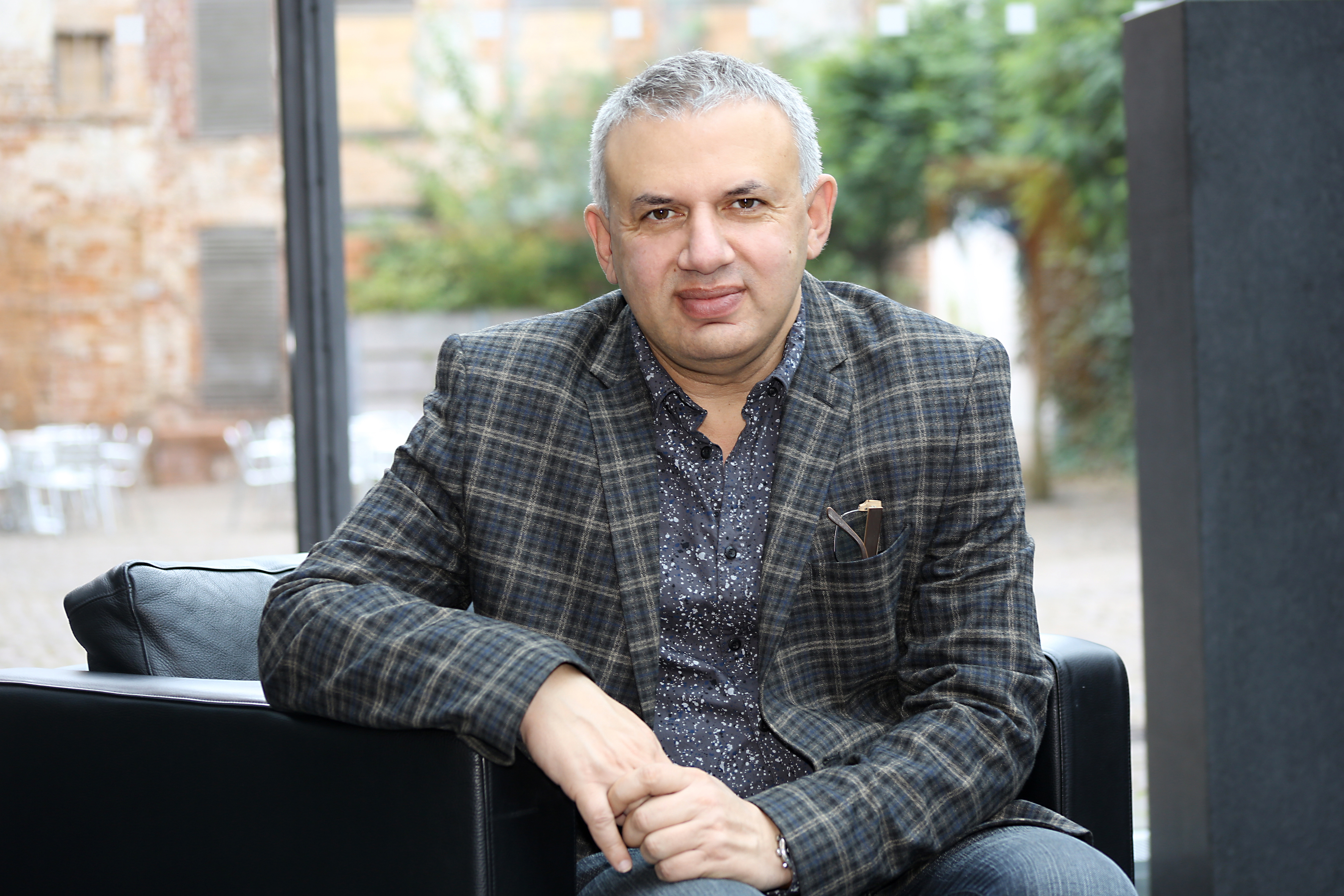The first wave of interest to utopias in Russia began in the epoch of Catherine II. The czarina involuntarily provoked it by her well-known interest to all sorts of innovations. One of the Catherine's principles was that pure utopists had to stay in Europe and only people with practical mind could be granted a right to come. Furthermore, Catherine ordered to burn the first Russian edition of Thomas More's "Utopia" (1789).Anyway, the impact of Russian Utopia on the European one is obvious. The works by O. Huxley or G. Orwell are the most famous examples. Certainly, George Orwell was influenced by E. Zamyatin's "We", while he was writing his famous "1984". Zamyatin wrote when Lenin was alive and that's why he couldn't mean Stalin's dictatorship. Maybe, Zamyatin's purpose was not to show a concrete country but to show why automatic civilization is dangerous. A fragment of "We" is the only citation from Russian literature, included in "Faber's Fundamental Book of Utopias."
After graduating from the Pedagogical Institute of Azerbaijan Boris Lanin defended his dissertation and was awarded a 'kandidat nauk' degree in 1990 in Moscow, and in 1994 he got a 'Doctor of Philology' degree. Since the early 90s, Boris Lanin has tried to transform Russian literary education into a more humane and more flexible system. Since 1999 he coordinates literary studies at the core Institutes of the Academy of Education of Russia. Boris Lanin published several official textbooks in literature for secondary schools and universities. As a visiting professor Boris Lanin served at Stanford, Hokkaido, Kobe, Saitama, Central European universities, and at the Institut for Advanced Studies at Paris, Moscow, Woodrow Wilson International Center (DC) and Tokyo (Waseda). His past work has been published in German, Russian, English, French, Japanese, Korean, Polish and Serbian languages, and includes some 30 books and textbooks, and some 150 papers.
Moderation: Anna Lena Klatt M. A. und Dr. Christian Suhm

